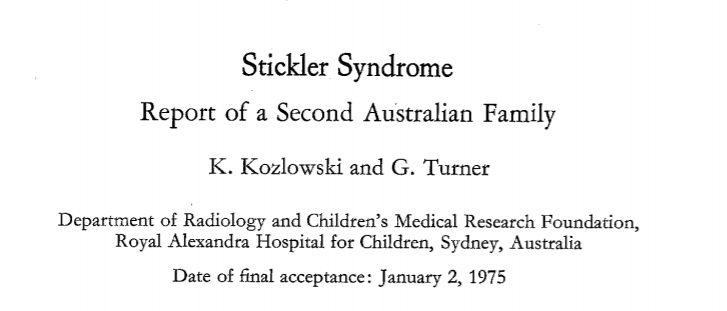
Less than two weeks after publication, an essay on poverty and race which critics decried as “unscholarly” and “overtly racist” has been retracted.
The essay, by Lawrence Mead, of New York University, appeared in the journal Society on July 21. It immediately drew the ire of hundreds of academics and advocates who, in a pair of petitions, demanded among other things that the journal retract the paper.
Earlier this week, Springer Nature, which publishes Society, flagged Mead’s essay with an editor’s note stating that it was investigating the matter. Now the publisher has decided to remove the article. The retraction notice reads:
Continue reading Springer Nature retracts paper that hundreds called “overtly racist”






